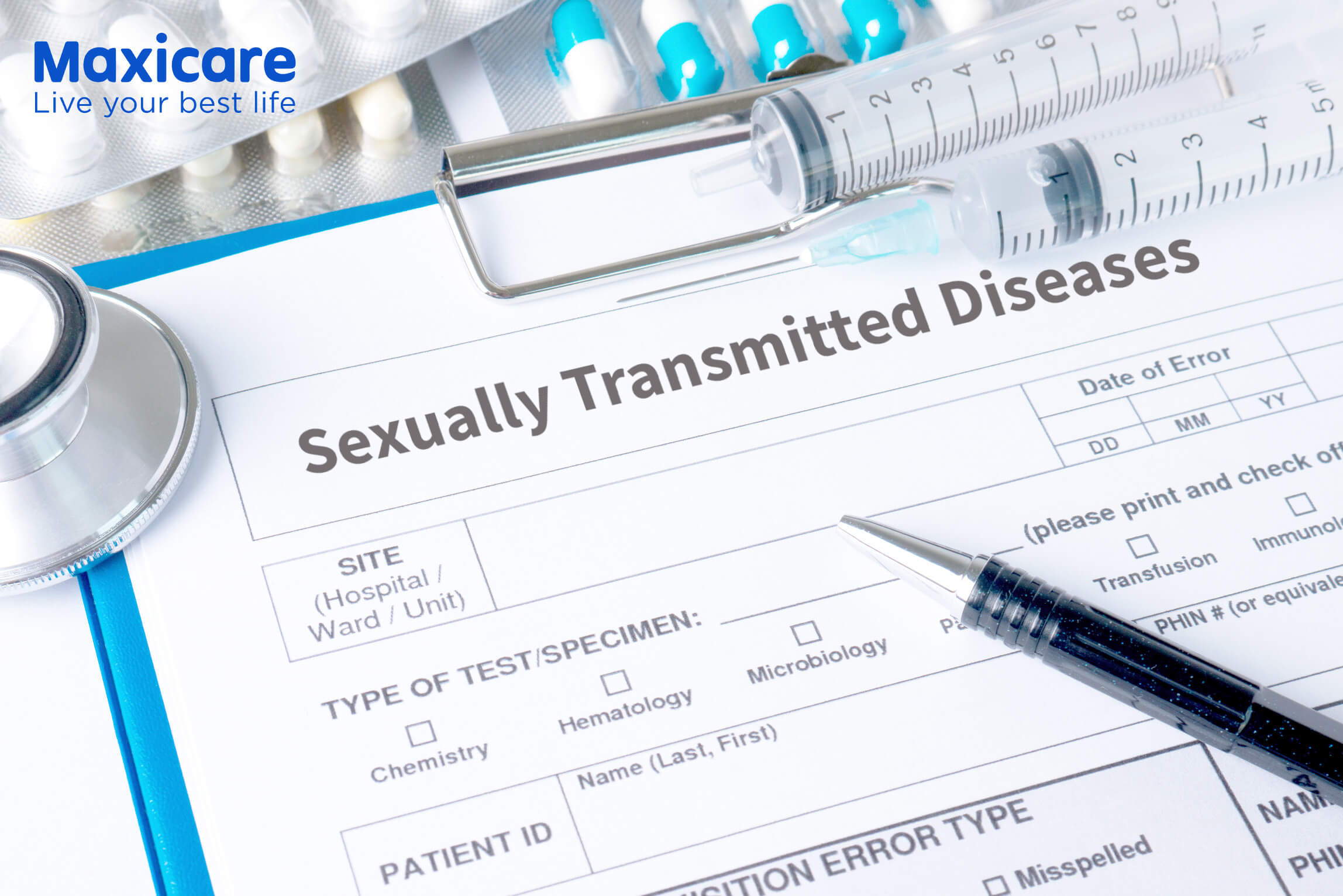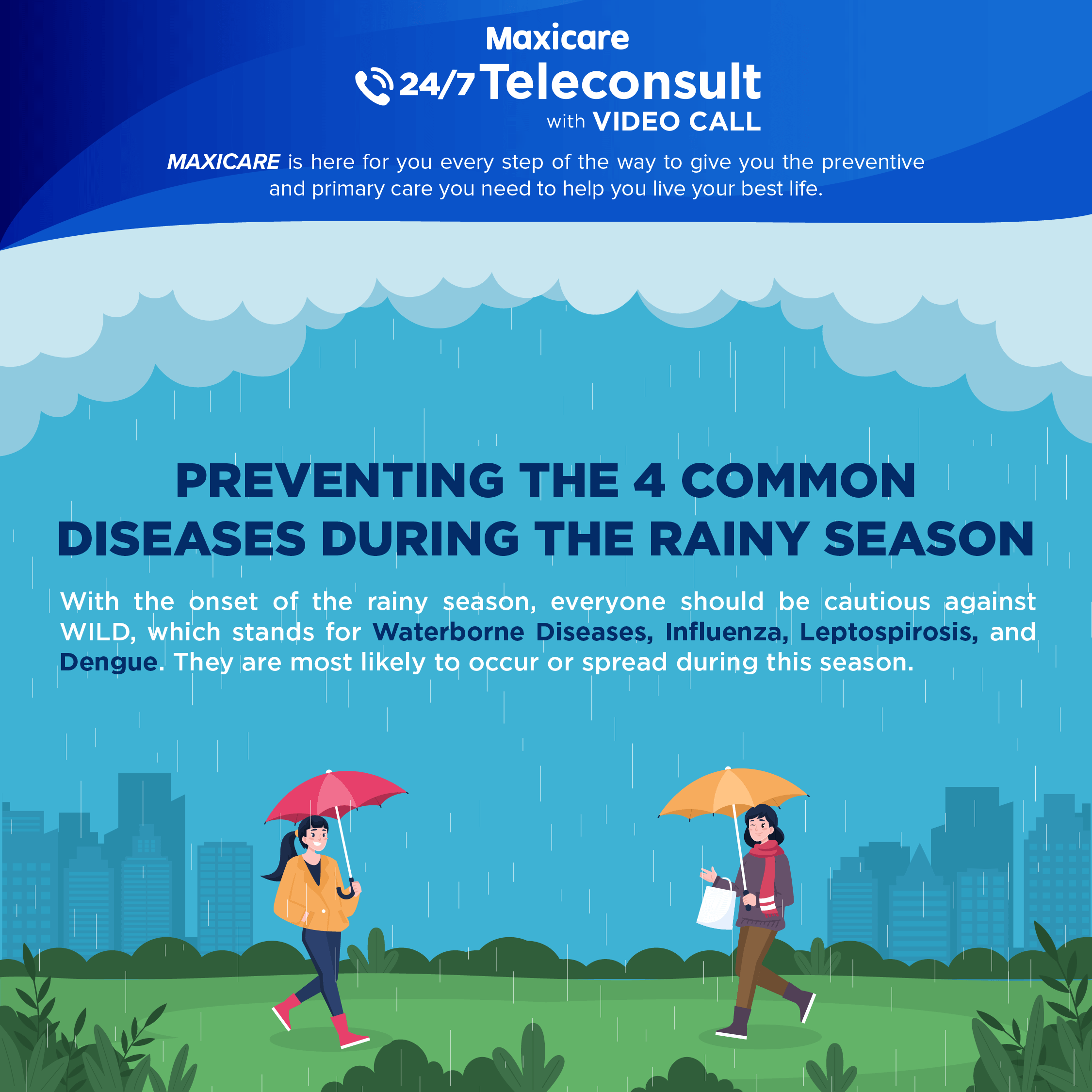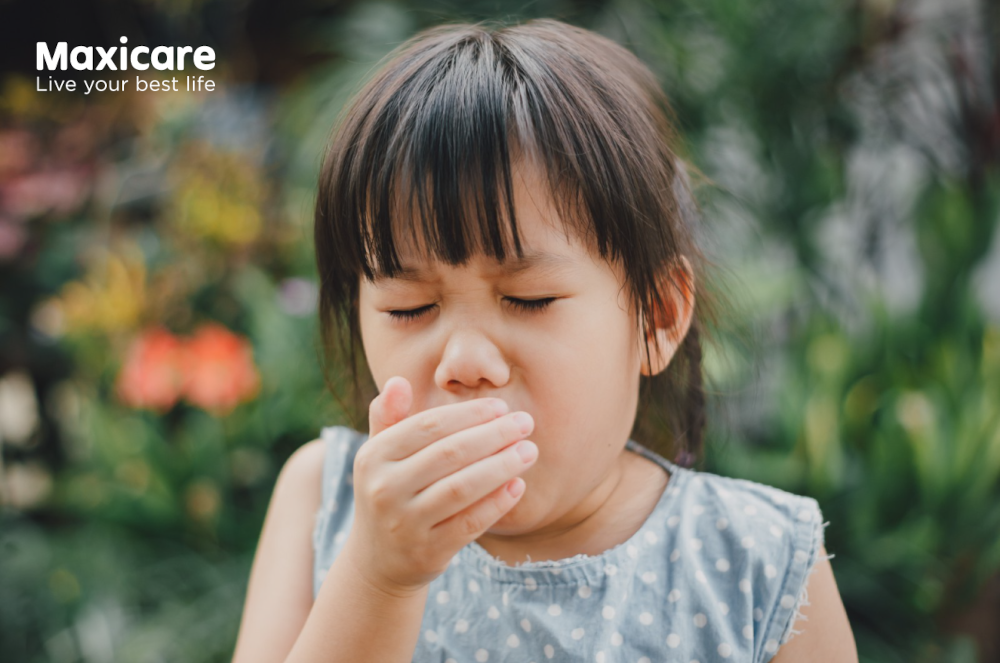
What are sexually transmitted diseases (STDs)?
Sexually transmitted diseases (STDs) are infections transmitted during sexual contact. STDs are often referred to as sexually transmitted infections (STIs).
STDs can be transmitted during any type of sexual activity. Some STDs can be cured with a course of antibiotics, while others persist and are not curable. Some STDs may cause debilitating signs and symptoms, while others may be present without causing symptoms at all. Many STDs do not cause notable signs or symptoms and can be spread by infected people even when they are not aware they have the infection.
Who is at risk for STDs?
Anyone who engages in any kind of sexual activity is at risk for STDs. The only way to completely eliminate the risk of acquiring an STD is abstinence from sexual activity. The use of latex condoms during sexual contact can greatly reduce the chances of contracting many STDs, but no method is completely safe.
What causes STDs in men?
STDs can be caused by different kinds of microorganisms, including viruses, bacteria, and parasites.
Sexually transmitted viral infections include the human papillomavirus (HPV), the human immunodeficiency virus (HIV), the herpes simplex virus (HSV), hepatitis B and C, and the human herpes virus-8 (HHV-8).
Sexually transmitted bacterial infections include syphilis, gonorrhea, and chlamydia.
What are the signs and symptoms of STDs in men?
In men, STDs can be grouped into three categories:
- STDs that predominantly cause genital lesions (sores or abnormalities on the genital organs)
- STDs that predominantly cause inflammation of the urethra (urethritis)
- STDs that cause symptoms and signs throughout the body (systemic STDs)
Depending upon the exact infection, STDs that cause genital lesions may cause genital warts, painful blisters, or ulcers.
List of STDs in men
There are a variety of STDs that can affect sexually active men. The following list describes the signs, symptoms, and treatments for STDs in men.
Chlamydia
Chlamydia is a bacterial infection that is common in young adults who are sexually active. It is caused by the bacterium Chlamydia trachomatis.
Both men and women can be infected, and many of those infected do not have any signs or symptoms. When it does cause symptoms in men, symptoms of urethritis are the most common. Reinfection can occur, especially when sexual partners of an infected person are not treated
Gonorrhea
Like chlamydia, gonorrhea is a bacterial infection that may not always cause signs and symptoms and can remain undiagnosed. Also similar to chlamydia, gonorrhea can cause urethritis in men, leading to burning or pain on urination and discharge from the urethra.
Trichomoniasis
Trichomoniasis is a sexually transmitted infection caused by the Trichomonas vaginalis parasite. Most women and men who are infected do not have symptoms, and as with chlamydia and gonorrhea, may not know they are infected. When the infection does cause symptoms, it typically results in urethritis, with itching or burning and discharge from the urethra.
Genital herpes
The herpes simplex viruses (HSVs) cause painful blistering sores on sexually-exposed areas of the body. They can be transmitted during any type of sexual contact. Typically, the HSV type 1 (HSV-1) causes cold sores around the mouth, while the HSV type 2 (HSV-2) causes genital herpes, but both types of HSV are capable of infecting the genital area.
HIV
The human immunodeficiency virus (HIV) is perhaps the most feared STD. Infection with the HIV virus can occur during sexual contact, by sharing needles, or from an infected pregnant woman to her baby. The virus ultimately causes dysfunction of the body’s immune system at a later point in time. The average time from infection to immune suppression is ten years.
Genital warts (HPV)
Human papillomavirus infection (HPV) is a very common STD. Different types of HPV exist and cause different conditions. Some HPVs cause common warts that are not STDs, and other types are spread during sexual activity and cause genital warts.
Syphilis
Syphilis is a bacterial infection caused by the Treponema pallidum bacteria. If not treated, the disease progresses through three phases and can also persist in a latent state. The initial manifestation is a painless ulcer known as a chancre at the site of sexual contact.
What are the treatments for STDs in men?
STDs caused by bacteria — chlamydia, gonorrhea, and syphilis — are typically curable with antibiotics. Trichomonas infections can also be cured with effective medications that eliminate the parasite.
Viral STDs may resolve on their own, such as an HPV infection. There is no treatment for HPV infection, although it commonly does not cause problems. Genital warts can be treated by destruction and removal.
Likewise, HIV treatment drugs can manage the infection, but they do not cure the condition. HSV infection persists for life, although antiviral drugs can help reduce the severity and frequency of outbreaks.
Can STDs in men be prevented?
Using condoms can help prevent the transmission of many STDs, but no method of prevention is 100% safe. Sometimes, STDs may affect areas not ordinarily covered by a condom during sexual activity. Prevention can also be difficult because many people will not show specific signs or symptoms of an STD even though they may be infected.
While abstinence from sexual activity is the only absolute way to prevent STDs, limiting the number of sexual partners can help reduce the risk of exposure to infections. Early diagnosis and recognition of infections, as well as counseling about STDs and their risks, can help prevent the further spread of infections.
STDs are no joke, and early detection and treatment might make them more manageable. Schedule a check-up or a laboratory test at any of our Primary Care Clinics today. For other health concerns, you may immediately connect with a health practitioner through our Teleconsult and Videoconsult service, powered by Doctor Anywhere. HomeCare medical procedures are available upon request in Metro Manila and selected provinces.
Source:
http://www.medicinenet.com/stds_in_men_overview/article.htm







